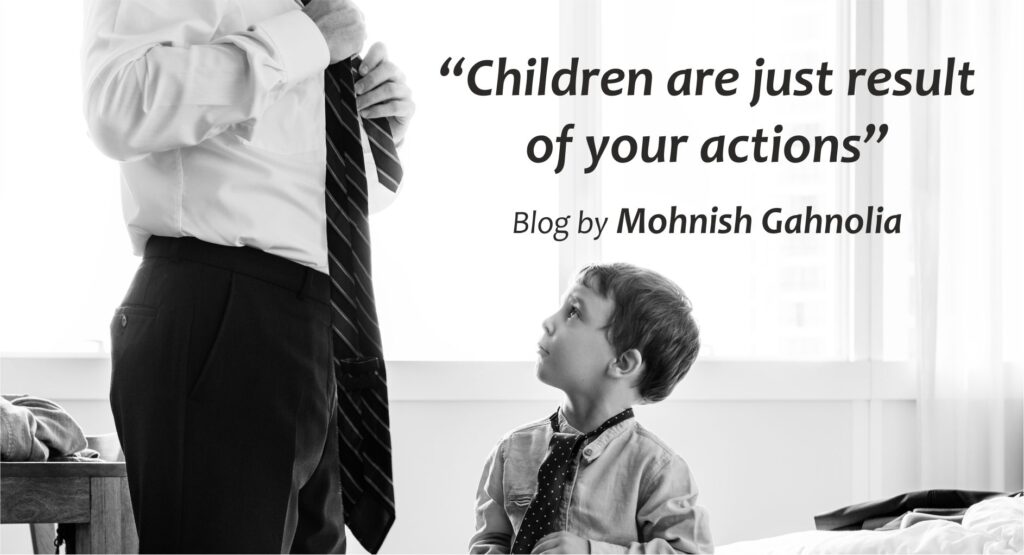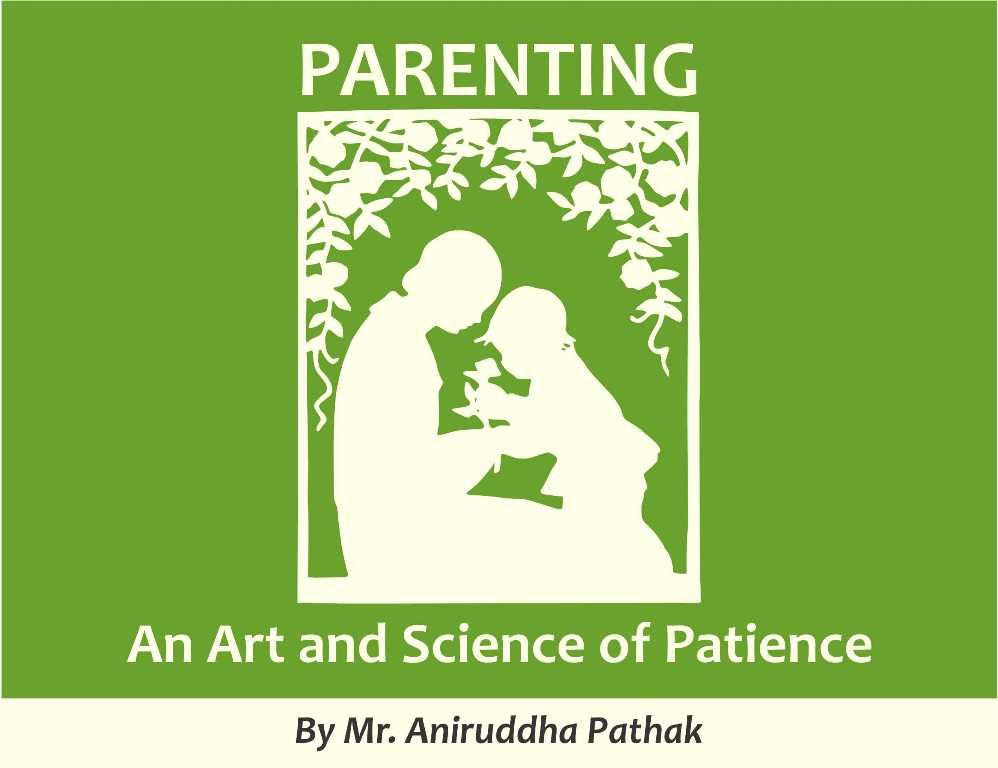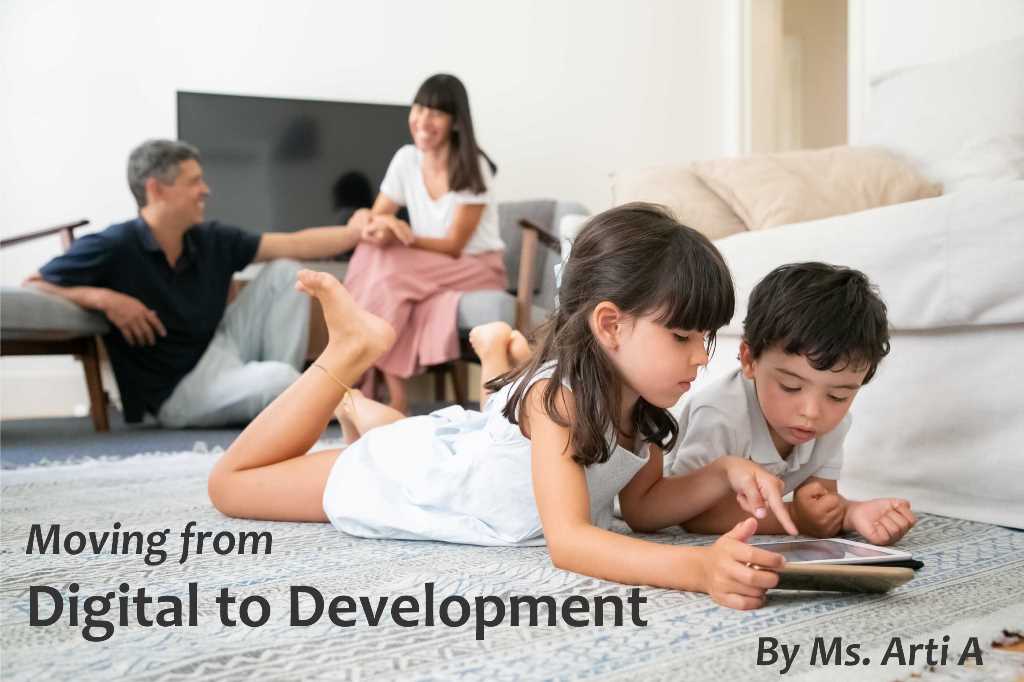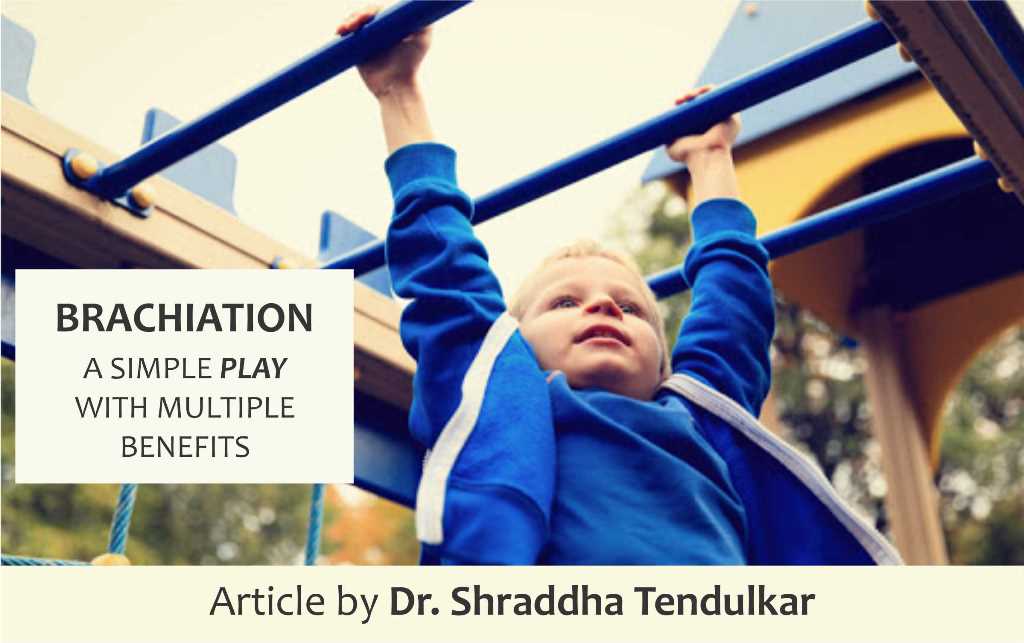 The Power of Appreciation in Child Development:
The Power of Appreciation in Child Development:
Six Principles to Nurture Growth.
Appreciation is a cornerstone of healthy child development. It shapes a child’s self-esteem, motivation, and social skills. When children feel valued and recognized, they are more likely to thrive in their learning and interactions. Here are six essential principles of appreciation that can enhance your approach to nurturing a child’s growth.
- Be Specific When Praising
Vague praise like “Good job!” often falls flat. Instead, be specific about what you’re acknowledging. For instance, saying, “I loved how you shared your toys with your friend today!” not only highlights the positive behaviour but also reinforces the value of sharing. Specific praise helps children understand what they did well, encouraging them to repeat those behaviours.
- Praise the Efforts/Progress, Not Only Results
Focusing solely on outcomes can create pressure and fear of failure. Instead, celebrate the effort and progress a child makes, regardless of the final result. For example, saying, “I’m so proud of how hard you worked on that puzzle!” emphasizes perseverance and resilience. This approach fosters a growth mindset, teaching children that effort is just as important as success.
- Praise and Correction Should Be at Separate Times
Mixing praise with correction can confuse children and undermine the effectiveness of both. When you need to offer constructive feedback, do so separately from praise. For example, acknowledge their hard work first, then address areas for improvement later. This strategy allows children to fully absorb your appreciation without feeling overwhelmed by criticism.
- Praise Must Be Genuine and Sincere
Children can sense insincerity, which can lead to distrust and diminish their motivation. Make sure your praise is heartfelt and authentic. If you struggle to find something to praise, take a moment to observe your child’s efforts closely. Genuine appreciation fosters a strong emotional connection and encourages children to take pride in their achievements.
- Praise in Public – Correct in Private
Public acknowledgment can boost a child’s confidence and reinforce positive behaviour. When a child does something commendable, celebrate it openly—like praising their performance in front of family or friends. However, keep corrections private to maintain their dignity and self-esteem. This balance helps children feel valued while also supporting their growth.
- Accentuate the Positive
In every situation, there are opportunities to focus on the positives. By highlighting what children do well, you create an environment where they feel safe to explore and take risks. Instead of saying, “You missed a few questions on that test,” you could say, “You did really well on the questions you understood!” This encourages a sense of accomplishment and motivates them to keep trying.
- Conclusion
The power of appreciation in child development is profound. By applying these six principles, you can help nurture a child’s self-esteem, resilience, and overall well-being. Remember, appreciation is not just a response; it’s a vital part of parenting and teaching. By making appreciation a regular practice, you contribute to a positive and supportive environment where children can flourish.
Start today: how can you show appreciation to a child in your life?

















